Deputy Foreign Minister for Legal and International Affairs Seyed Abbas Araghchi, while speaking to IRIB on Monday evening almost a year after JCPOA implementation, outlined the outcomes of the significant international document for the country’s economy and nuclear technology.
“All sides have remained committed to their obligations on the basis of the Joint Comprehensive Plan of Action (JCPOA),” he underlined.
In response to a question on practical effects of sanctions removal, he stated “the opposite party cannot be a criterion for testing the outcomes of the agreement since certain restrictions exist beyond the JCPOA and a number of sanctions are still remaining.”
“However, they have demonstrated commitment to the deal; otherwise, Iran would have tracked down the issue,” said Araghchi.
He also noted that JCPOA should not be limited to sanctions removal since the nuclear challenge was seeking broader objectives.
“The Iranian nation was not looking for enrichment; rather, they insisted on the right to have nuclear energy,” stressed the official adding “in this regard, the deal has been thoroughly successful since the previous ban on the country’s nuclear activity have been replaced with international cooperation on modernizing Iranian plants.”
Deputy FM said the people’s will to enjoy peaceful nuclear energy has been confirmed since all resolutions against Iran have been abolished while we have continued the enrichment process without even a single day of hiatus.”
He further emphasized that sanctions were lifted though certain barriers still exist including early American sanctions as well as money laundering regulations which prove to be time-consuming.
“Economic conditions will not return to normal status overnight since our oil customers have found new exporters,” emphasized Araghchi.
Araghchi, who also serves as the Foreign Ministry's Chief of Staff for the Implementation of the JCPOA, reiterated that only sanctions which pertain to Iran’s nuclear activity have been canceled while others are still effective.
The official went on to describe the sanctions on the US dollar which were not negotiated during nuclear talks; “Americans were looking for further advantages and US courts have also blocked two billion dollars of Iranian assets.”
He also described the resolutions achieved in banking transactions since the Central Bank of Iran (CBI) is now in charge of foreign resource management facilitating the allocation of foreign exchange to applicants.
“Majority of foreign countries and companies have cleared their debts to Iran though some cases require more time,” underlined the Iranian deputy FM stressing “retiring substantial debts held by some countries like India and Oman might have grave effects on their economy; therefore, we need to come into terms over a reasonable deadline for the process.”
Seyed Abbas Araghchi went on to maintain that “the fact that certain American sanctions are still effective is quite understandable but the US should not warn others against launching cooperation with Iran.”
“Iranian banks are still faced with numerous obstacles, majority of which pertains to regulations of the fight against money-laundering and financing terrorism,” noted the official adding “the relevant law has been passed inside the country while the Financial Action Task Force (FATF) has put Iran’s name on the black list due to political reasons.”
He said the Iranian Parliament has put the Supreme National Security Council on defining terrorist groups; “Iran would support Hezbollah at any cost and we are ready to negotiate the issue with FATF.”
Deputy FM also touched upon the current supply of heavy water inside the country as well as the future need for the product; “Arak heavy-water nuclear reactor has an annual output of 25 tons.”
“We sold out surplus of heavy water while in the next four years the country will need 80 tons of heavy water,” he maintained.
Araghchi highlighted that “separation of nuclear and missile issues remains as another significant achievement of the JCPOA.”
“There exist certain concerns over Iran’s missile program as the US, Security Council as well as UN Secretary General Ban Ki-moon tried to present it as a violation of nuclear agreement,” said deputy FM adding “we strongly disagree with any movement that wants to challenge the country’s missile program.”
He also referred to the requirements made by the Leader for the implementation of the JCPAO saying “these requirements can be classified into two categories the first of which marked as prerequisites to JCPOA implementation.”
“The other portion pertained to post-JCPOA era including that any new sanction on the part of the US would mark a violation of the agreement,” said Araghchi underscoring “the Ministry of Foreign Affairs delivers reports to the supervisory board on JCPOA who will in turn decide on a proper response."
HA/IRN82145253


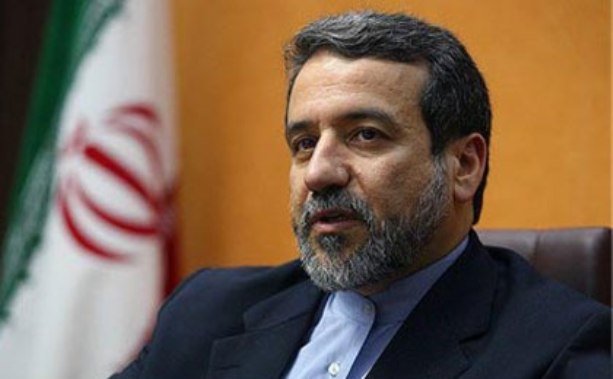





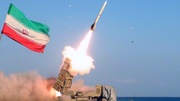
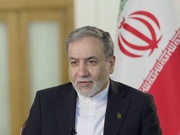
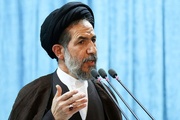










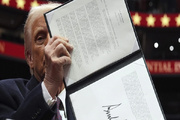

Your Comment